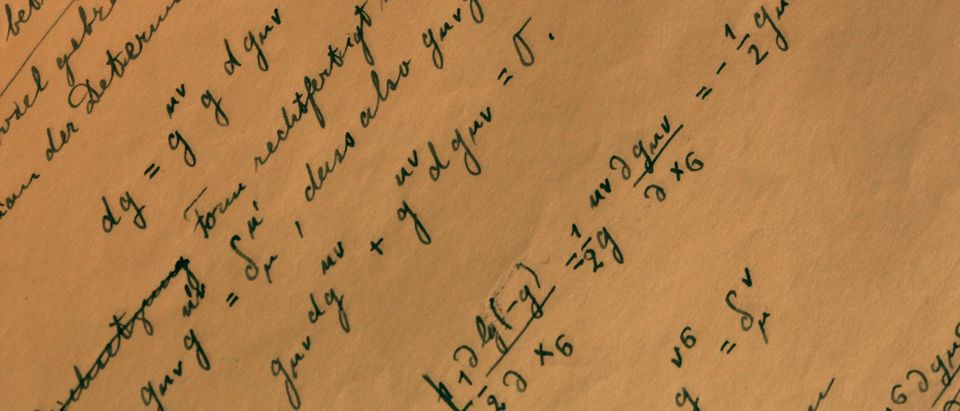Among the many issues that the new Congress will face will be whether to change section 101 of the Patent Act.
On what would seem a dry and technical topic of patent law, lobbyists and some members of Congress have been especially eager to move forward, squeezing in a last-minute roundtable on the subject right before the holidays.
It is time for all of them to slow down, because the project they are embarking on — changing a fundamental part of patent law — is no small thing, and done wrong it could severely harm personal freedoms, free markets, and the American economy.
A United States patent is a powerful instrument: a government-issued permit to sue anyone who makes, uses, or sells an invention described in the legal terms of the patent. Patents cover all sorts of inventions, from smartphones to medicines to fried chicken. But there has always been a limit: A patent may not prevent the use of basic ideas, such as mathematical calculations or laws of nature.
This rule is known as “subject matter eligibility,” embodied in judicial decisions in section 101 of the Patent Act. The Supreme Court has considered patents on such things as hedging financial bets (a basic idea of how to invest), brokering currency exchanges (a basic idea of how to transact money), and directing a doctor to adjust medical treatment when a lab test says to adjust the treatment (a basic idea of how to be a competent doctor), and unsurprisingly struck all three down.
Equally unsurprisingly, the owners of those rejected patents have pleaded with Congress to undo these common-sense decisions. Two main proposals have surfaced, both sponsored by patent owners and their lawyers. One would limit the eligibility restriction to things that exist in nature or that are performed purely in the mind. Another would allow patents on anything that does not preempt all practical applications of an idea or law of nature.
These proposals are half-baked at best, allowing patents directed to the most conventional activity. Say that I read the latest research on caloric intake and decide to start counting calories accordingly. That simple act could be patented under either proposal above: A method of dieting is not performed purely in the mind, it does not exist solely in nature, and there are other practical applications of the research (feeding animals, for example).
Indeed, even grade-school ideas like paper-and-pencil long division would now become eligible for patents under these proposals.
Patents on abstract ideas and natural principles would be a remarkable government intrusion on individual liberty. It is a basic right of a person to receive information about the world, to learn from it, and to apply it in ordinary ways.
Free markets work only when people can utilize basic ideas, build upon them, and create useful goods and services out of them. Where the government issues patents on math computations or health practices, that is the government saying “no” to both productive business and private behavior.
This is no mere theoretical objection. Patents that fail the section 101 test today would impose extraordinary economic costs if Congress allowed those patents to survive.
In 2016, the courts struck down a patent on showing menus on computer screens. The list of companies opposing the patent — everyone from Expedia to Hilton to Domino’s Pizza — shows what a wide range of businesses would be forced to pay if the patent were eligible, as it would under both legislative proposals. The U.S. Postal Service recently proved ineligible a patent on the idea of transmitting address correction information; if the patent were rendered eligible under the proposed legislation, then every stamp-buying American would pay the price.
The patent lawyers say they need legislative change to bring clarity to patent law. Clarity is an admirable goal, but it should not come at the expense of locking up basic freedoms to use ideas and principles. There is no need to rush through half-baked legislative ideas to make a couple of lawyers’ jobs easier.
Should Congress alter section 101 without cautious deliberation, the costs to the economy, to businesses, to consumers, and to individual liberties will be calculated over decades to come — if, that is, the calculations haven’t been patented.
Charles Duan is the director of technology and innovation policy at the R Street Institute, a nonprofit, nonpartisan research organization based in Washington, D.C.
The views and opinions expressed in this commentary are those of the author and do not reflect the official position of The Daily Caller.












